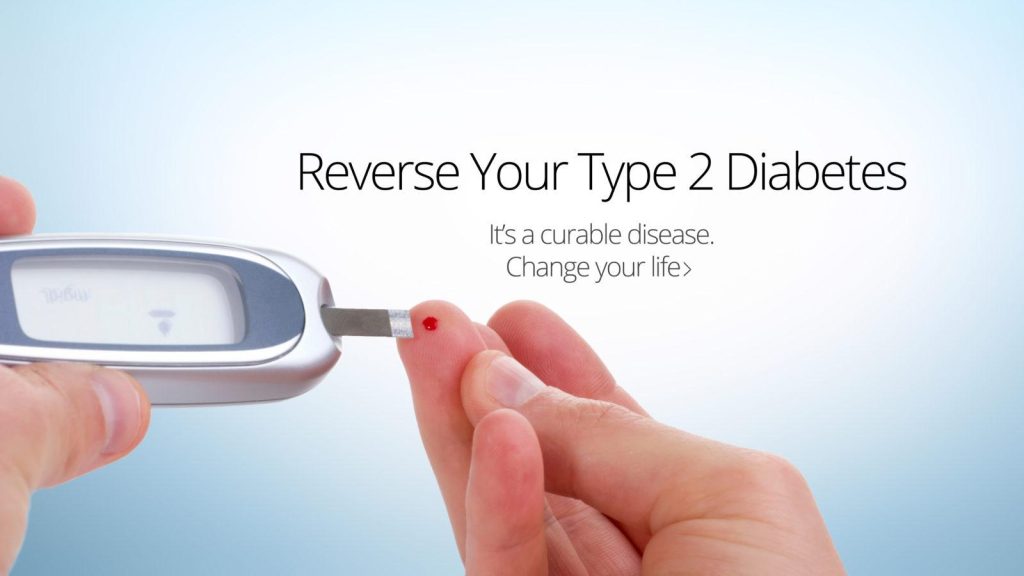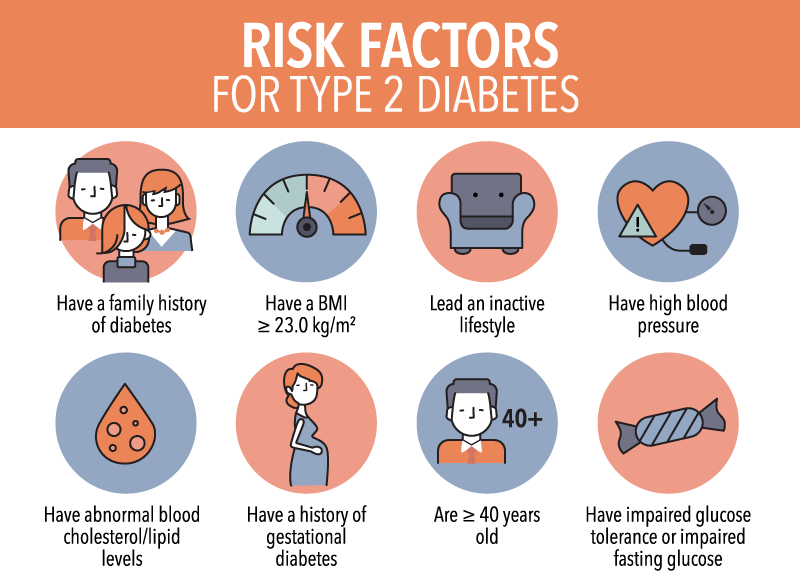
Yes, it’s true, it is possible to Reverse Type 2 Diabetes! With proper guidance and motivation, when the complications of diabetes have still not set in, it is possible to reverse diabetes and lead a normal life again. Scientifically, reversal is better termed as remission, as the basic pathogenesis of diabetes still exists, and the person is always at the risk of having high sugars again. Reversal or Remission can be attained via lifestyle changes or bariatric surgery and is defined as an Hba1c < 6.5% (< 48 mmol/mol) at least 3 months after cessation of glucose-lowering medicines.
The term “remission” should be used to describe a sustained metabolic improvement in type 2 diabetes to near-normal levels. “Diabetes doesn’t get cured. The underlying abnormalities are still there, therefore Hba1c testing should be done at least yearly, along with routine monitoring for diabetes-related complications, including retinal screening, renal function assessment, foot exams, and cardiovascular risk factor testing.
To understand reversal or remission, its important to know that
Type 2 diabetes is simply caused by excess fat within the liver and pancreas. In the liver, this fat causes a poor response to insulin and produces too much glucose. In the pancreas, the fat inhibits insulin secretion. With proper guidance for lifestyle intervention, healthy weight can be achieved and this loss of visceral fat helps in the overall metabolic improvement and attainment of normoglycaemia.
Dietary interventions in the form of Very Low Caloric Diet (600-700 cal/day)or Low-calorie diet (900-1000 cal/day) are tailor-made for each individual, keeping in mind that all micronutrients should be covered up. Patient commitment and motivation are of utmost importance to achieve the desired results, which are possible. Gradually reducing the ongoing anti-diabetic medicines, regular self-glucose monitoring and awareness of hypoglycemia (low sugar), are very important. Along with this moderate amount of exercise is equally important, starting at 20-30 minutes building to 60-90 minutes.

Sometimes “partial” remission (HbA1c <6.5 without glycemic control medications for 1 year) or “complete” remission (HbA1c <5.7 without glycemic control medications for 1 year) have been defined by experts, but still all patients need to be aware that yearly check-ups and continuous efforts would be required to maintain these values, as diabetes is a progressive disease.
Diabetes is a major public health epidemic despite recent advances in both pharmaceutical and technological treatment options. If you have been recently diagnosed with diabetes and do not have any other disease-related complications, you are the right candidate for Reversal/Remission.
